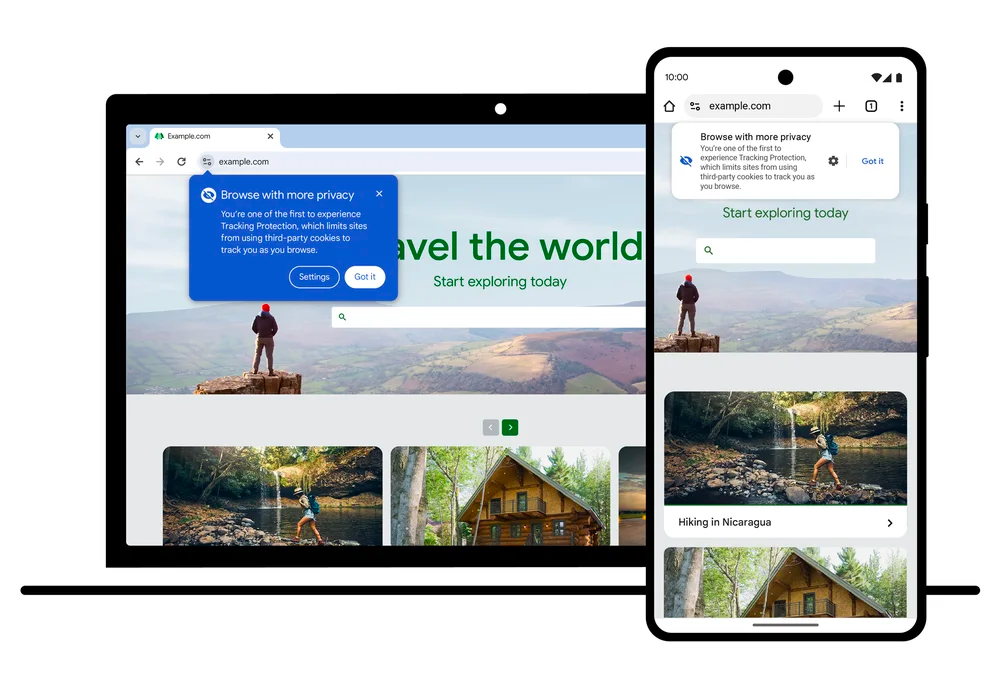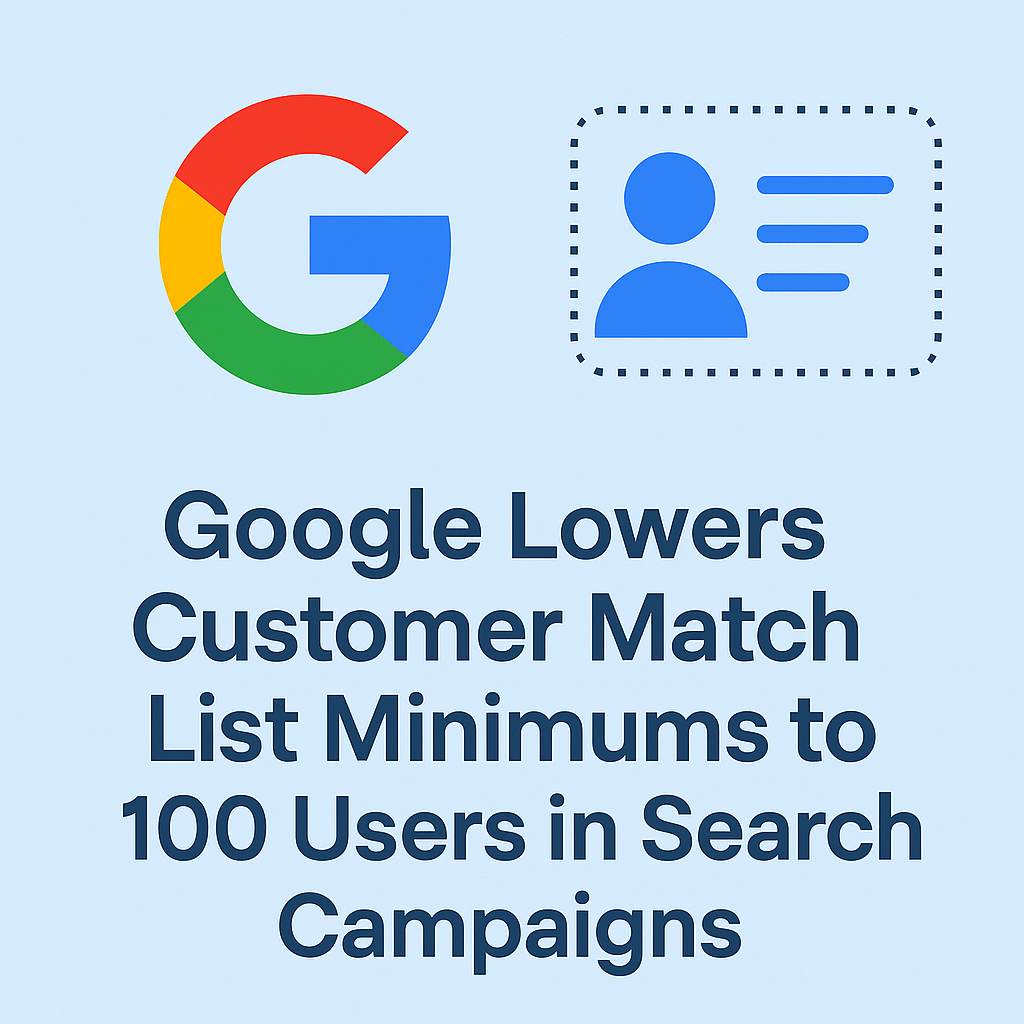In the realm of digital evolution, safeguarding user privacy remains a top priority. At Mass Reach, we’re committed to keeping you informed about pivotal advancements shaping the digital landscape. Google Chrome’s latest endeavour, the introduction of Tracking Protection, marks a significant stride toward bolstering online privacy.
Redefining Privacy Standards in Chrome
Starting January 4, Chrome will commence testing Tracking Protection—a revolutionary feature designed to curtail cross-site tracking by default through restricting website access to third-party cookies. This ground-breaking initiative targets a 1% trial rollout to Chrome users globally, marking a crucial milestone in Chrome’s Privacy Sandbox initiative. The ultimate goal? Phasing out third-party cookies for all users by the latter half of 2024, subject to addressing any competition concerns flagged by the UK’s Competition and Markets Authority.
Navigating the Role of Third-Party Cookies
For almost three decades, third-party cookies have played a pivotal role in shaping the online experience. While enabling website functionalities like user logins and personalised ads, their tracking capabilities raised pertinent privacy concerns. Chrome’s Privacy Sandbox approach is thoughtfully orchestrated, introducing new tools to assist websites in transitioning away from third-party cookies, while affording developers ample time to adapt to these changes.
With the introduction of Tracking Protection, Chrome initiates this transition by selectively choosing a random 1% of users to participate in the initial trial phase. If selected, users will receive notifications upon opening Chrome on desktop or Android devices.

Embracing Tracking Protection: What to Anticipate
Upon selection, users will notice notifications signalling the activation of Tracking Protection. This feature operates seamlessly in the background, automatically restricting the functionality of third-party cookies as users navigate the web.
In instances where websites encounter functionality issues without third-party cookies, Chrome steps in with a solution. Users facing challenges—like repeated page refreshes—will receive prompts offering the option to re-enable third-party cookies for the specific site temporarily. Conveniently accessible through the eye icon positioned on the right side of the address bar.
Upholding a Private and Accessible Web
At Mass Reach, we value a robust and private online environment while ensuring accessibility to quality content. The introduction of Tracking Protection aligns with Chrome’s unwavering commitment to nurturing a more private web without compromising access to essential content, encompassing news articles, educational resources, videos, community platforms, and various other web formats.
Chrome’s continuous efforts, including the Privacy Sandbox initiative and forthcoming feature launches, aim to reshape the digital landscape—fostering a more private and universally accessible web experience for all users.








